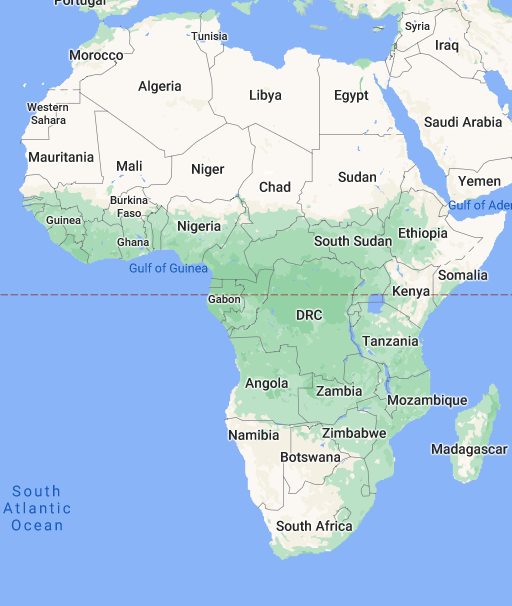I once gave a class presentation about the psychology used in advertising that leads people to deceive themselves. I outlined some of the techniques to our class of about twenty or so. At the end of the class, a number of students said they did not believe me.
They said they could never be fooled by these techniques and besides, they were not influenced by advertising
Before the next class, a week later, I contacted the teacher and asked him to put a large number 19 on the blackboard before anyone got there and not to mention anything about it. This was long before COVID19. I just chose a random, prime number that was low enough to make my point.
The teacher did as he had been asked and the big 19 sat there amidst the clutter of notes on the blackboard when students arrived for class.
Halfway through the class, I asked our professor if I could address some of the doubts that had arisen at the previous class; how people felt that they were smart enough never to be fooled by psychological techniques.
I got up to the front of the class and spoke for a few moments about some of the issues that had been brought up the previous week. This was to distract people from my real purpose and make them feel at ease. Then I said I would like to do a demonstration. I asked everyone, including the teacher, to take a pen and small piece of paper out.
Then I said I have a question; there are no marks involved. I just wanted each of them to give me their best guess on the answer and write it immediately on the little piece of paper. The question was “How many countries are there in Africa?” I immediately went around to collect their answers.
There were groans and protests. They did not have time to think or count on their fingers, just write a number on a slip of paper.
I collected the twenty or so slips of paper and asked the teacher to help me do a distribution of the answers right then. The distribution showed answers from 18 to 21 with only one answer in the 30s.
I asked the class if they believed in the wisdom of crowds. That is, if no one person knows an answer, if you ask a group, are they likely, as a group, to estimate correctly? Many thought this suggestion made sense. It is, after all, the basis of our democratic systems… even though not all those choices are good ones.
Then I asked why they thought their answers clustered around 19 or 20?
They thought that it must be because it was the correct answer, more or less. This is exploiting an overt suggestion and an example of recency bias. If you direct people’s thinking, they will follow along. In psychological experiments, this is called creating expectancy. People are willing to give you what they think you want if it does not cost them anything and reduces their dissonance.
Then I pointed to the number 19 over on a corner of the blackboard and asked if anyone noticed the number. Most claimed not to have noticed it.

“Then,” I asked, “if no one noticed it, why did it so strongly influence the group’s answers that clustered around 19? There are actually 54 countries in Africa!” They were surprised; they started to think about it, counting countries on their fingers.
The trick in creating this bias is to isolate recent memory and keep people using the part of their brain that keeps track of what is happening in the here and now. Not allowing the part of the brain that stores accumulated learning. If you need a response quickly, you respond with what you most recently saw or heard.
A few denied that they had even seen the number, but the evidence was striking. It was the last number they saw before the question and I did not give them time to think through their response. I was as amazed as they were at how strongly influential the unspoken suggestion was on them.
Anyone who has read Daniel Kahneman will understand that this example of recency bias and advertisers use it a lot. Recency bias suggests that you are most likely to interpret something based on what your most recent experiences may have been. The last brand you heard before buying coffee, and so on. Whether that recent experience was relevant or not does not seem to be important.
We are influenced consciously in ways we are not so aware of.